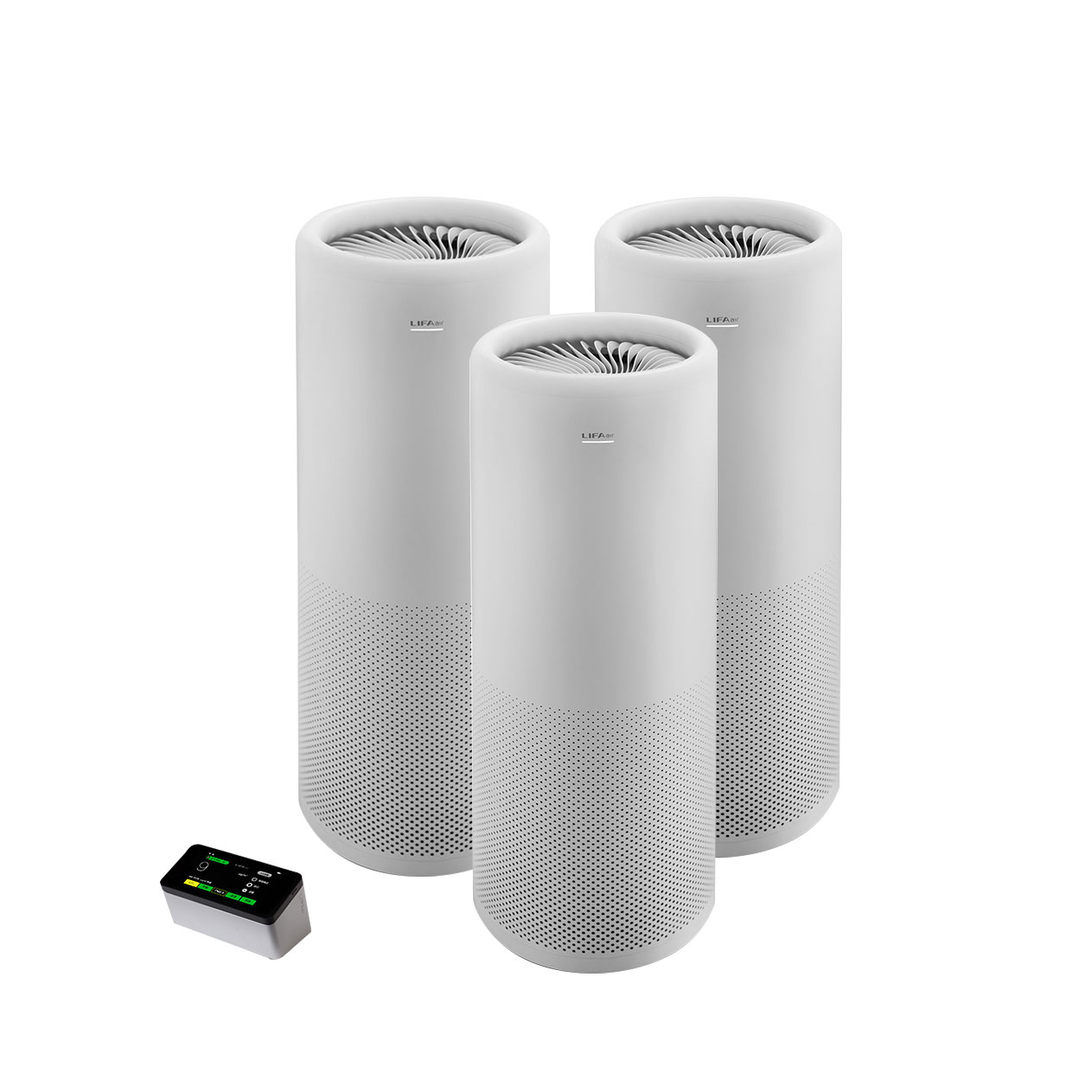

Hundreds of thousands of children are being exposed to illegal levels of damaging air pollution from diesel vehicles at schools and nurseries across England and Wales, a joint investigation by the Guardian and Greenpeace’s investigations unit has revealed.
The analysis of the most recent government data exposes how dangerous levels of nitrogen dioxide (NO2) pollution from diesel traffic are not limited to large metropolitan centres, but threaten the health of children and young people in towns and cities from Newcastle to Plymouth.
The research shows more than 1,000 nurseries which look after 47,000 babies and children are in close proximity to roads where the level of nitrogen dioxide from diesel traffic exceeds the legal limit of 40µg/m3 (micrograms per cubic metre of air).
The findings come as the government is under pressure to dramatically improve its strategy to clean up the nation’s air, after the high court said its plans to reduce illegal levels of harmful emissions were so poor as to be unlawful. Ministers have to produce new draft measures to tackle air pollution by 24 April.
Chris Griffiths, professor of primary care and public health at Bart’s and the London School of Medicine, said the findings were very important and called for a dramatic change in attitudes within society and from government.
“The research on exposure to traffic fumes and children’s lung growth is pretty consistent. It shows that such exposure reduces lung growth, produces long term ill health and can cause premature death. We should be outraged that we are exposing our developing children to these obvious problems.”
Griffiths said while 40µg/m3 was the legal limit in Europe, there was no safe level of exposure to diesel fumes and that areas which did not show up in the analysis could not be complacent.
“Why should we tolerate this?” said Griffiths. “It is a relatively simple thing to try and solve. It is a choice we have to make. Rather than telling people to take their inhaler, stay indoors and reduce exercise when there are high pollution levels, attitudes need to change and we need to make the polluter pay.”
The investigation used the government’s own pollution modelling from 2015 to identify all schools and nurseries – whether private, academy or state maintained – which are within 150 metres of a road where emissions of NO2 are above the legal limit. Figures for Wales do not include private nurseries.
It found:
2,091 schools, nurseries, further education centres and after school clubs are within 150 metres of a road emitting illegal levels of nitrogen dioxide.
There are 1,013 nurseries looking after children from six months to five years old within 150m of illegal NO2 levels.
Five of the 10 areas with the worst exposed nurseries outside London were in the West Midlands.
Towns as far afield as Plymouth, Poole and Hull all had nurseries and schools in areas above legal NO2 limits.
15 London boroughs had at least a quarter of nurseries in an illegal N02 hotspot
The highest pollution pocket of 118.19µg/m3 – almost three times the legal limit – was at a nursery in Tower Hamlets, east London.
The scale of the exposure of young children to dangerous diesel emissions is likely to be an underestimate as it is based on government modelling which has been criticised by judges as overly optimistic. Ministers will have to come up with more sensitive analysis in their draft air quality plan this month which is likely to reveal that many more children are being exposed to dirty air from diesel traffic.